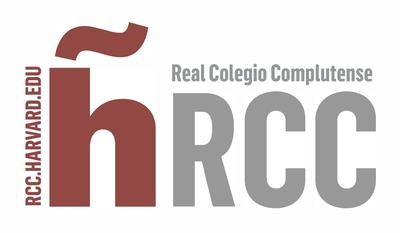Date:
Location:
The effects of the TTIP have become a highly debated issue although the European vision has not arrived adequately to the US public opinion. The majority of economic quantitative analyses have shown a beneficial impact for both the EU and the US in terms of higher aggregate trade, GDP growth, wages and job creation. Due to its sheer size, such a trade agreement could become a regulatory hegemon. This implies that the EU and the US could set global standards for commercial law, that China and other emerging economies would have little choice but to follow. However, its popularity is rather low among consumers, labour unions and other population groups. The conversations between the US and EU to facilitate trade are not new. They had already taken place in the 1990s and 2000s, but the result was a rather shallow Mutual Recognition Agreement (MRA) agreement. Are they now going to be able to reach a more ambitious and comprehensive agreement? What are the main elements in this new negotiation agenda and why? What do “the numbers” tell us? Are the fears justified? Is the regulation on the environment, labour and consumer rights at stake? Would the TTIP benefit the Small and Medium enterprises or would multinationals be the beneficiaries? Can the US and the EU together really counteract the rise of China? Are there any other geostrategic considerations?

Speakers: Antonio de Cabo, Professor of Constitutional Law at UCM; Jose M. Martinez, Jean Monnet ad Personam Professor in EU Law and Government and RCC Director; David Kennedy; Manley O. Hudson Professor of Law and Institute of Global Law and Policy Director, Harvard Law School.
